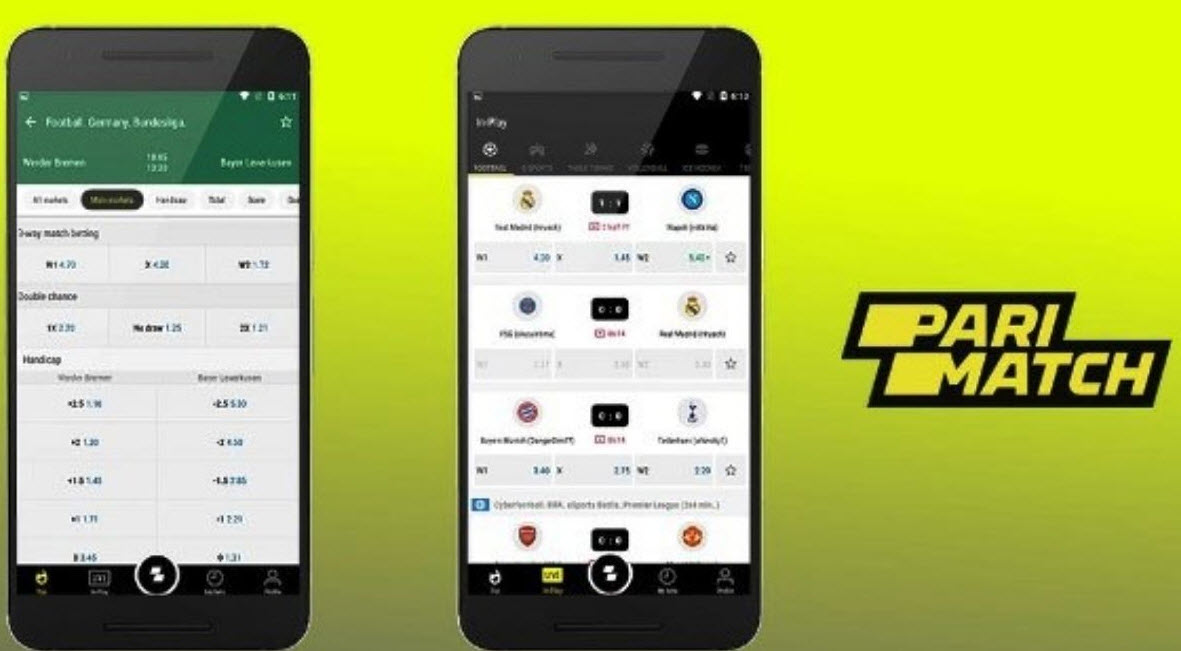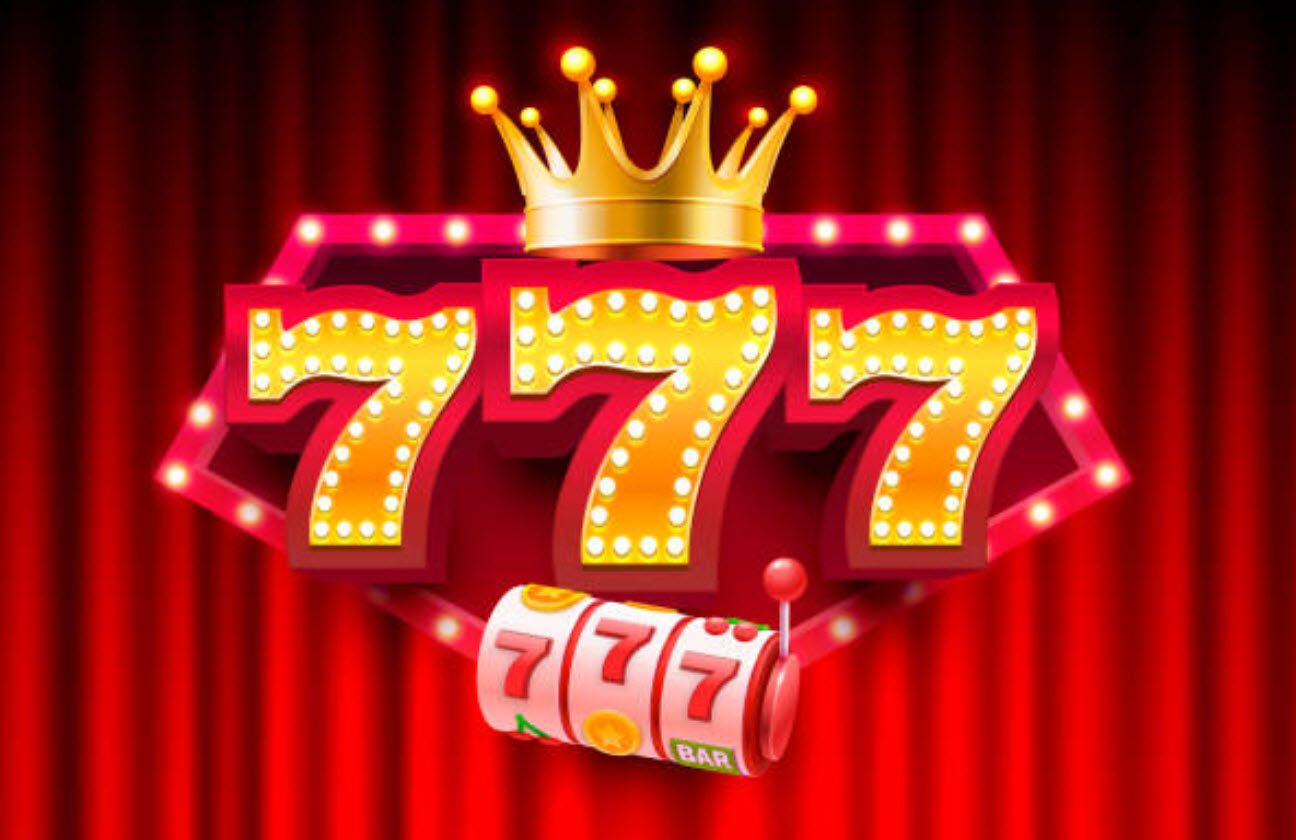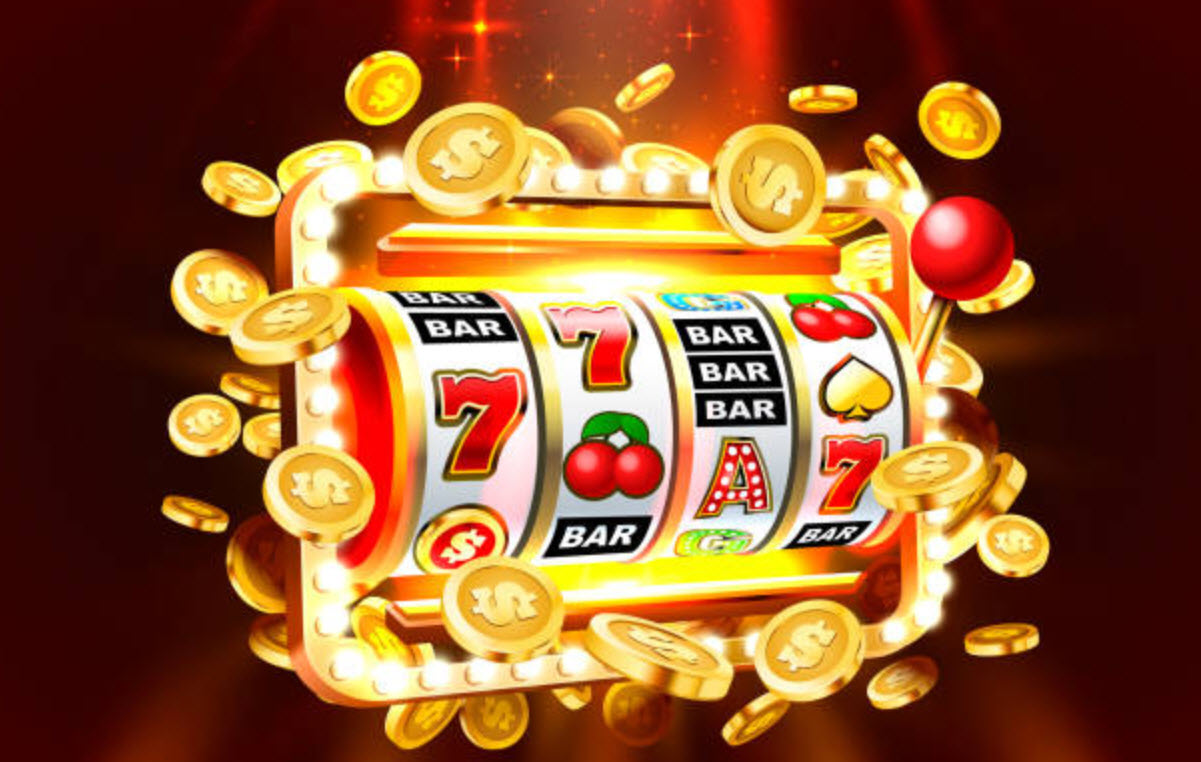
Gambling has been around for thousands of years. Even in Ancient Egypt, Greece and Rome, gambling was a popular pastime. Warriors especially loved games that needed a break from war, fighting, and fighting.
BestAuCasinosOnline tells about the gambling games that were popular with ancient warriors. Some of them not only have thousands of years of history, but have become prototypes of modern entertainment.
In ancient Tibet, gambling diagrams were inscribed on the roofs of temples. Symbolic representations of gambling can also be found on the seats of monks in mediaeval English churches. Thus, the “divine” and the “gambling” originally went side by side and reflected phenomena of the same order.
Once gambling began, ancient people saw that an invisible and unfathomable force controlled the outcome of the game. They came to believe that it was this force that controlled natural phenomena, fertility or the movement of celestial bodies. These forces were eventually personified into super beings or deities. And the ancients began to read “fortune”, that is, to play a game of chance, where welfare and life itself were the stakes. In other words, through the game, people tried to influence the forces governing the universe.
Ancient Egypt
Gambling was widespread in ancient Egypt, and played by not only warriors, but almost all segments of the population. They had plenty to choose from. Today, historians have evidence that the Egyptians had a lot of games, analogues that are difficult to find in other civilizations of the time.
According to Egyptian beliefs, the deceased recreated life through play and was himself reborn. The motif of destruction and rebirth of the world at the gaming board is present in Hindu, Icelandic and Indian myths. The game board or field itself was regarded as a sacred altar. J. Heisinga in his famous work “Homo Ludens” writes that shamans, priests and gamblers started their day by outlining the sacred space of their activity. And the ancients had no distinction between preparing an area for prayer or for gambling for fun. So technically there is no difference between a divine temple and a casino.
The most popular games were tiau, mehen and senet. It has not yet been possible to figure out their rules, but a glance at them is enough to intuitively guess the principles of the game.
Tiau, similar to modern chess, was played on a compact square board. It was divided into 20 sectors on which players moved various pieces.
Another game, Senet, was somewhat similar to the previous one but more reminiscent of draughts. The board for senet was rectangular and had 30 square sectors and the pieces to play were similar to pawns.
Mechon is most reminiscent of roulette which was played over a disc with indentations. Balls or other pieces were thrown in there, which moved along a trajectory and then stopped at a random place.
Another Egyptian pastime was the hab-em-hau, which was a copper bowl into which special discs had to be thrown. The players made several throws in a certain sequence, each time increasing the distance to the bowl.
Dice were also played in Egypt, but they looked a little different from the six-sided dice we’re familiar with. Archaeologists have found dice that were much larger and had many more facets, making them look like a ball.
Ancient Greece
Ancient Greek myths are replete with references to gambling, so it is not surprising that gamblers there considered it the entertainment of the gods and attached special importance to it. According to their beliefs, Zeus, Poseidon and Hades agreed to divide the world over a game of chance. They divided the sky, the ocean and the underworld between them by playing dice.
In large Greek cities, there were already gambling houses where warriors and ordinary citizens spent their time. But the most popular meeting place for players was the Sanctuary of Athena Skyrados. The most popular games of the time were dice and barbut, similar to modern crepes, and telia, which reminds us of familiar backgammon.
It’s clear that the homeland of the Olympic Games couldn’t do without the ancient betting game. Greeks made bets on the results of competitions, and between them found other events, including duels between people or animals.
Ancient Rome
It was not uncommon for Roman legionnaires to have recreational gamblers who liked to spend their free time in the company of like-minded people. They did not have to be bored, because in Ancient Rome there was a considerable selection of gambling.
Thanks to their simplicity and unpretentiousness, games in which you had to guess something were popular. To organise such an entertainment did not require any additional tools – warriors used everything that was at hand. For example, a player had to guess how many nuts or stones his rival was holding in his hand, or which way a coin would fall.
Dice had a special place in Roman gambling. There were even tournaments and dice tournaments in Rome that attracted many participants and spectators. The rules were simple — the player with the highest dice number wins. All players strove to see sixes on the dice.
Betting was another gambling activity in ancient Roman life. Whether it was a sporting event, a gladiatorial match or an animal fight, you could bet on anything. The Romans saw it as a way to combine business and pleasure, offering spectators a good time as well as money.
Over the course of history, gambling has changed, developed and improved. Now, in order to get access to hundreds of different games, you only need to have a gadget and an internet connection. Modern mobile casino sites offer their players lucrative terms and pleasant bonuses.
You may also like:- Parimatch App – Bonuses | Registration | Online Betting
- Demystifying Progressive Jackpots: How Slot Players Chase Life-Changing Wins
- Behind the Scenes: A Look into the Development of Popular Online Slot Titles
- Discover the Hottest Online Casino Games in India Right Now
- Lucky Jet Online India and Responsible Gaming: Navigating the Thrills Safely
- Pocket Casinos: How Smartphone Slots are Changing the Game in South East Asia
- You Sure On Want To Play These Innovative Casino Games
- Dating Application Security: Protecting Your Privacy in the World of Digital Love
- Hugewin Casino for Beginners: How to Start Playing Without Mistakes
- The Definitive Guide to 1xBet








